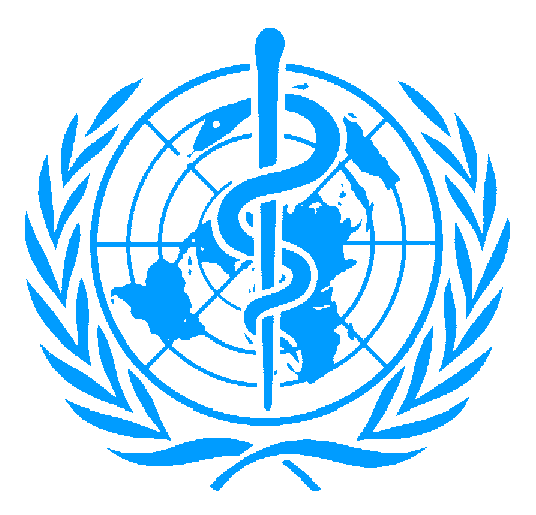Public health advocates from around the world today urged the World Health Organization to reject an appeal by the Foundation for a Tobacco Free World to collaborate on tobacco control policies, according to a press note from STOP (Stopping Tobacco Organizations and Products).
The advocates called on the WHO’s executive board to reject the Philip Morris International-funded Foundation’s appeal to WHO.
They said agreeing to such collaboration would depart from WHO’s strict long-standing policy of not working with the tobacco industry, whose business practices have been proven to be contradictory with and detrimental to public health.
‘When public health experts were alerted to the approach, made in advertisements by the PMI Foundation for a Smoke Free world (FSFW), more than 279 organizations and individuals in 50 countries signed an open letter put forward by STOP …,” the note said.
But not Clive Bates, who wrote on his blog that he was sent the draft activists’ letter but decided against signing it. He takes a close look at the letter here.
Meanwhile, Anna Gilmore, professor of public health at the University of Bath and research lead for STOP, was quoted in the STOP note as saying that PMI had “a long and well-documented history of using third parties to infiltrate health policy making”. “No public health gain has ever been achieved by working with the tobacco industry so this latest approach by a PMI-funded entity must be rejected,” she said. “Support to express outrage against the PMI-funded FSFW continues to pour in.”
The text of the activists’ letter to the director general and executive board of the WHO is below
‘We write to you, as members of the global public health community, to express our grave concern at the attempt by the Philip Morris International-funded entity, Foundation for a Smoke Free World (FSFW), to pave the road for partnership with the World Health Organization (WHO).
‘Giving any consideration to an organization that is entirely funded by the tobacco industry would fundamentally undermine the significant health and policy gains made to date on the attainment of the Sustainable Development Goals (SDGs) and prevention of noncommunicable diseases (NCDs) through the implementation of the WHO Framework Convention on Tobacco Control (FCTC). It would specifically undermine WHO FCTC Article 5.3 which seeks to protect public health policies from the vested interests of the tobacco industry and on which much of the success of the treaty rests.
‘We therefore call on you to reject this approach, in the strongest terms, and reinforce WHO’s 2017 notice to governments and the public health community to reject any affiliation with FSFW because of the “number of clear conflicts of interest involved with a tobacco company funding a purported health foundation, particularly if it promotes sale of tobacco and other products found in that company’s brand portfolio”.
‘Analysis of leaked PMI corporate affairs documents suggests that the establishment of the FSFW is consistent with the company’s corporate strategy. The concern is that FSFW effectively operationalizes PMI’s corporate affairs strategy to further PMI’s business interests which include the promotion of its heated tobacco products, a market which PMI seeks to dominate. While PMI and its grantee claim a commitment to reducing harm; reports show that PMIs cigarettes continue to be heavily marketed in ways that attract children and undermine public health policy.
‘We are secure in the knowledge that the WHO does not engage with the tobacco industry or its proxies. We trust that you will respond to the PMI-funded FSFW in a manner consistent with the institution’s long-standing principles to protect its credibility and integrity bearing in mind that legitimizing FSFW through engagement would simply advance PMI’s agenda to the detriment of global health.
‘In the spirit of promoting partnerships to attain the SDGs, we hope that you will take this opportunity to establish WHO’s leadership in implementing the Model policy for agencies of the United Nations system on preventing tobacco industry interference.
‘The health of millions of people requires no less.’











